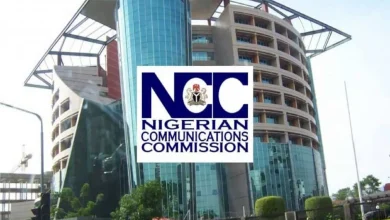Spotify hikes Premium prices for Nigeria subscribers by 40%

Spotify is increasing its subscription fees for Premium users in Nigeria by over 40%. The platform announced that the monthly fee for Premium Individual will rise from ₦900 to ₦1,300, starting from users’ billing dates in November.
In a notification shared with users, Spotify explained that this price adjustment is necessary to continue innovating and improving its product offerings for the best user experience. For those who prefer not to pay the new price, Spotify allows users to cancel their subscriptions via their account page.
This price hike comes alongside the introduction of a new feature called Offline Backup for Premium users worldwide. With Offline Backup, users can listen to music offline without needing to download individual tracks. The feature will appear in the Home feed when users are offline and have recently listened to more than five songs.
Interestingly, while prices are going up in Nigeria, Spotify recently partnered with Orange, a French telecommunications company, to offer free music streaming to smartphone users in the Democratic Republic of the Congo, Madagascar, and Mali.
The increase in Spotify’s subscription fees follows similar trends in the entertainment sector in Nigeria. For instance, Netflix also raised its subscription prices earlier this year, with the latest adjustment bringing its Premium plan to ₦7,000 ($4.40) per month, up from ₦5,000 ($3.14). This represents a 40% increase, following another hike just four months prior.
Additionally, Starlink, the internet service provider, plans to double its subscription prices starting October 31, 2024, citing high inflation. Its standard residential plan will increase from ₦38,000 ($24) to ₦75,000 ($48).
However, Starlink’s price increase has faced criticism from stakeholders in Nigeria’s telecom sector. They argue it is unfair that Starlink can raise its prices by nearly 100% while local telecom operators are denied requests to increase their tariffs despite rising operational costs. Stakeholders believe this puts local companies at a disadvantage, especially after investing significantly in expanding telecom services throughout the country.





